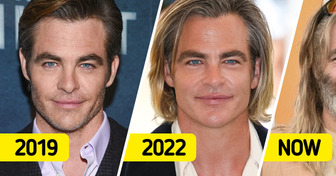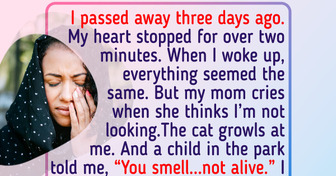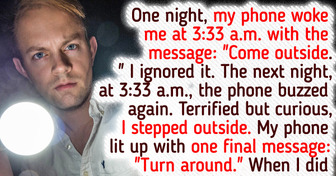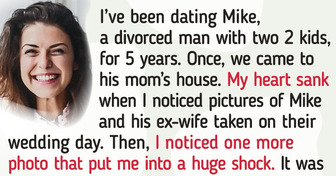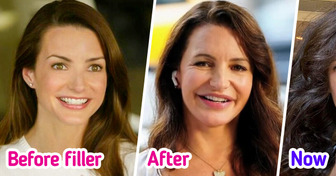12 Creepy Real-Life Stories That Will Instantly Give You Goosebumps
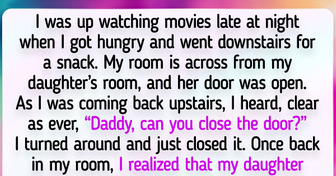
In Austin, Texas, a young mother’s life took a sudden and frightening twist due to a seemingly routine practice many people share: showering with contact lenses in. Her ordeal underscores a hidden risk that can lurk in everyday activities.
What started as a minor irritation in her eye after a gym session rapidly escalated into a nightmare involving “82 doctor visits, traveling over 12,000 miles for specialized medical care, thousands of dollars in compounded eye drops, and one surgery.”
The cause? A rare and severe infection called Acanthamoeba Keratitis (AK), which she contracted at 34 weeks pregnant. “After two weeks of doctors visits, I finally was referred to the most incredible eye doctor in Austin, and he diagnosed me with the worst infection you can get in your eye,” she explains.
These amoebae, found in nearly all water sources, can penetrate the cornea, potentially resulting in blindness or even loss of the eye. She recalls, “I had been wearing contacts since I was 12 and was never told not swim, shower, or hot tub in them.”
The treatment for AK is nothing short of grueling. “For 3 months, the most sleep I got at a time was 30 minutes,” she reveals. “I had 5 different around the clock drops, that had to be 5 minutes apart.” The pain, she says, “makes giving birth look like a walk in the freaking park. The pain was absolutely unreal. I try not to remember it.”
Instead of savoring the early moments with her newborn, she found herself struggling to save her vision, leaning heavily on her family for support. “My parents moved in with us to help with the drops and our precious Lochlan since he was just born,” she shares, emphasizing the overwhelming nature of her fight.
The path to recovery was long and filled with uncertainty. “In September, I got much worse, and we began seeing Dr Tu in Chicago as he is one of the few doctors in the US who really knows how to treat this,” she explains. The rarity of her condition meant that “no doctors will touch it. I always say doctors who treat AK are saints.”
“I am so incredibly thankful to be through this horrific infection, and thankful for my wonderful surgeon, my family, the organ donor and their family, and God who got me through the hardest time of my life,” she reflects.
Her experience raises critical questions about patient education and the responsibilities of eye care professionals. Despite following standard hygiene practices — washing hands before handling lenses, never sleeping in them, regularly replacing her contact case — she was never warned about the risks of water exposure. “I thought I was doing everything right,” she laments. “I wasn’t.”
“Please spread the word by sharing this with all your friends who wear contacts,” she urges. Her story is a stark reminder that even the most ordinary activities can pose hidden dangers.
For the millions of contact lens wearers globally, this mother’s experience is a crucial wake-up call. It highlights the urgent need for better education on lens care and the risks associated with water exposure. Eye care professionals and public health officials must prioritize these essential safety measures to prevent others from facing similar challenges.
For those who depend on contact lenses, maintaining vigilance in care and hygiene is crucial. Equally important is the responsibility of healthcare providers to thoroughly inform users of all potential risks, no matter how rare.
This young mother’s experience is more than just a personal tragedy; it’s a powerful call for reform in how we address contact lens safety. As we move forward, her story should remind us that even the smallest details in our health practices can have profound consequences. It’s time for a collective reassessment of contact lens practices to ensure that clear vision doesn’t come at the expense of eye health.
The heroine of our other article, Turia Pitt, survived a deadly fire and embraced a new chapter of her life with the love and support of her husband.

